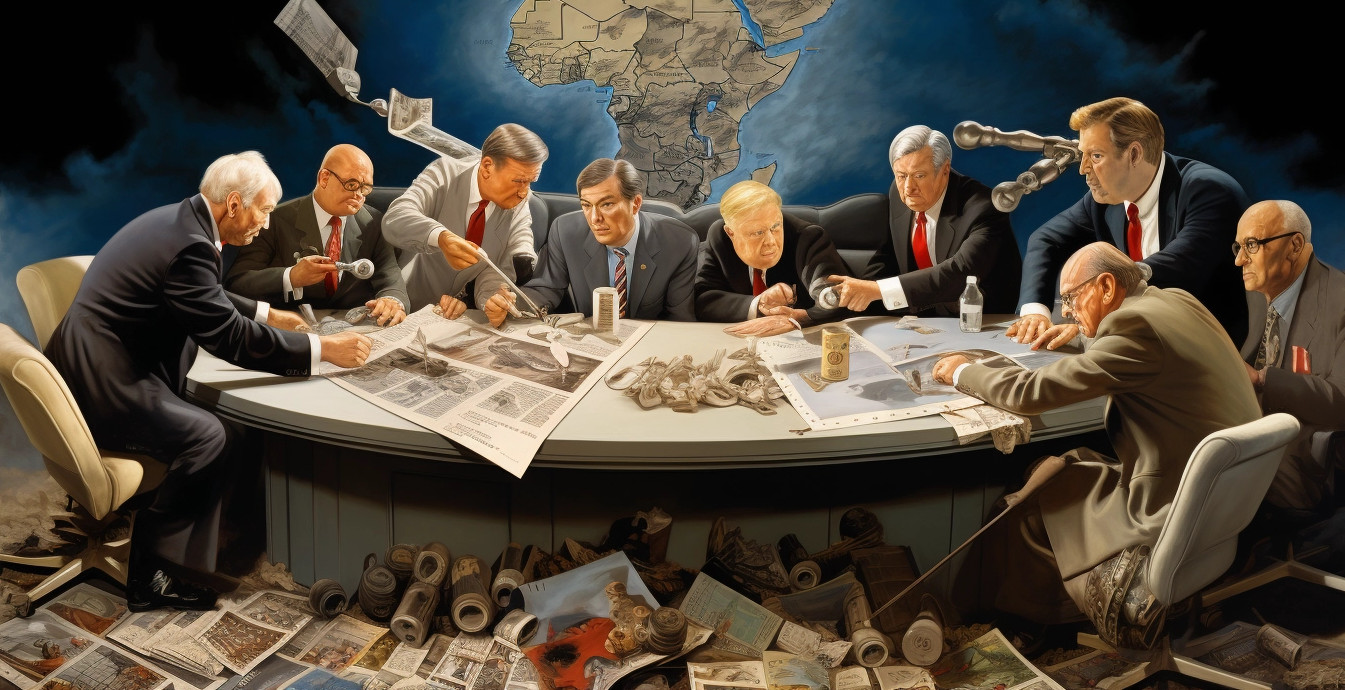You hear them referred to often enough, so this short article describes what one is.
“Neocon” is short for “neoconservative,” which is a political ideology and term used to describe a specific group of conservatives who emerged in the United States in the latter half of the 20th century. Neoconservatives are often associated with a hawkish approach to foreign policy and a belief in the promotion of American values and interests abroad, often through military means if necessary. Here are some key characteristics and beliefs often associated with neoconservatism:
- Interventionist Foreign Policy:
Neoconservatives tend to support a robust and interventionist foreign policy. They believe in using American military power to advance U.S. interests and values globally. This often includes advocating for military interventions in countries they perceive as threats to American security or as opportunities for promoting democracy and stability. - Promotion of Democracy:
Neoconservatives often advocate for the spread of democracy and human rights as a central goal of American foreign policy. They believe that democratic nations are more likely to be stable and less prone to conflict. - Skepticism of International Organizations:
Neoconservatives are often skeptical of international organizations like the United Nations and may be critical of multilateral approaches to foreign policy in favor of unilateral action when necessary. - Strong Support for Israel:
Many neoconservatives have strong ties to pro-Israel organizations and advocate for a close U.S.-Israel relationship and a strong U.S. stance in support of Israel in the Middle East. - Opposition to Appeasement:
Neoconservatives are often critical of what they perceive as appeasement or weakness in dealing with hostile regimes or groups, and they advocate for a firm and unyielding approach to such entities. - Focus on American Exceptionalism:
Neoconservatives often emphasize the idea of American exceptionalism, the belief that the United States has a unique role and responsibility in the world as a force for good.
Not all conservatives or Republicans identify as neoconservatives, and there can be significant differences within the conservative movement. Neoconservatism became more prominent during the administrations of Presidents Ronald Reagan and George W. Bush, particularly in shaping U.S. foreign policy in the Middle East, but its influence has varied over time. Henry Kissinger was considered a type of neocon during his career.
The term “neocon” is sometimes used in a pejorative or critical manner by those who disagree with the ideology or its policies.
